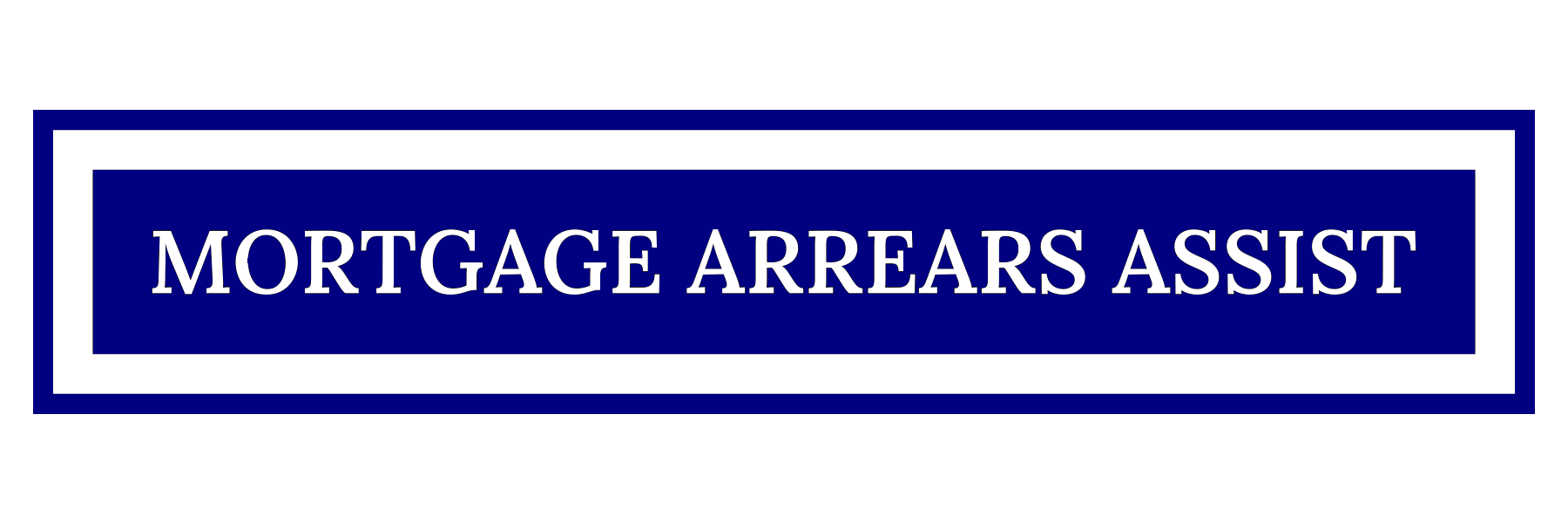
Mortgage Advice
Learn from our expertsWe have over thirty five years’ experience working in Banking Law and selling financial products you could say we were once the game keepers and now we are the poacher. We deal with Banks and Vulture funds on a daily basis and we get results. The reasons behind our success are we know the game their playing and the dirty illegal tricks they use to repossess people’s family homes. These vulture funds are allowed to pay ridiculous low amounts for the loans they buy and demand repayments on the original value.
Paying Ahead on Your Mortgage: Uncover the Benefits of Early Loan Repayment
An individual who owns a house is likely to have a strategy in place for pre-paying their mortgage.
By sending additional funds to your lender, you can reduce the principal balance on your mortgage loan. This will help you save money on interest expenses and allow you to pay off the loan before the predetermined time.

What amount of money can I put away by settling my mortgage ahead of schedule?
The advantages of making bigger payments on a mortgage go beyond the gradual reduction of the monthly interest. It comes from reducing the entire amount of interest you owe on the loan by paying down the remaining balance with additional payments on the principal.
Strategies to increase payments on a mortgage
When it comes to paying off your mortgage early, there are two main methods to consider:
- Paying off a mortgage every two weeks
- Making additional payments on a monthly basis
Every two weeks, you can make a payment toward your mortgage with biweekly payments. If you split your minimum payment in two and make two payments, you will always pay your minimum amount each month. A year is composed of 52 weeks instead of just 12 months. Over the course of this period, a person would make 26 biweekly payments, which are equivalent to 13 monthly payments. This means that there is one extra payment made each year, which goes towards decreasing the principal amount and allowing the loan to be paid off quicker. It is possible to pay beyond the minimum on your loan. For instance, if your minimum payment is €2,000, you can opt to pay €2,200 each month. Every month, the additional €200 will go towards reducing the amount owed on your loan, thus allowing you to pay it off at a faster rate.
If you are looking to pay additional money to reduce the principal of your mortgage, you might consider making one extra payment each year. This can be accomplished by either doubling the payment for one month or adding a twelfth of the principal and interest payment to each month’s payment. After 12 months, you will have paid 13 payments.
Be sure to designate any additional payments you make to be allocated specifically to your mortgage principal. Most lenders have an online process or a way to designate checks for principal payments only. Inquire with your lender for details. If you do not specify that the extra money should go to the mortgage principal, it will be used to pay the following month’s mortgage, which does not help you reach your intention of paying off the mortgage early.
Once you have obtained a considerable amount of equity in your home (at least 20 percent), reach out to your lender to request that they take away the private mortgage insurance, or PMI. Paying your mortgage principal at a faster rate can help you to get rid of PMI payments much faster, which in turn saves you money over the long haul. You can also refinance your mortgage to totally get rid of PMI.

Factors to take into account before choosing to make additional payments on your mortgage
Aiming to prepay your mortgage is an admirable objective, yet it’s essential to guarantee that you have accomplished the following financial goals first:
- Take advantage of the full company match: Don’t miss out on the instant return that comes with a workplace retirement plan; many employers will match your contributions up to a certain percentage, often up to 3-6%. The tax breaks on retirement plan contributions also make it a great option to grow your money.
- Pay off higher-rate debt: If you have any credit cards accruing interest at 16% or more, prioritize paying those off before mortgages with a lower interest rate.
- Be prepared for emergencies: Having an emergency fund with enough to cover at least 3-6 months’ worth of expenses will help protect you from any unexpected setbacks.
- Make sure you’re properly insured: Property, health, disability and life insurance are important to have, especially if you have dependents.
- Be aware of prepayment penalties: Check your loan agreement for any prepayment penalty clauses. If there is one, make sure that the money you save by paying it off early is more than the penalty charge.
- Take advantage of low interest rates: Interest rates are at historic lows, so in some cases it may be more beneficial to invest your money than to make extra mortgage payments. If you have a very low interest rate, you may come out ahead if you keep the mortgage for the full term and invest more money.
Is it advantageous to pay off your mortgage early?
Paying off your mortgage ahead of time can be beneficial in a variety of circumstances. It can help you become debt-free faster and lessen your monthly payments. Nonetheless, it’s essential to consider the downsides of this decision.
Securing your money in your house means you have less of it at your disposal and less space in your financial plan. This means there will be less cash available to put towards objectives like enlarging your 401(k) contributions or taking care of large-interest debt, etc. which could bring you a greater return on your investment.
The potential gain that could have been made if the money had been invested elsewhere must also be taken into account. During the last four decades, the stock market has offered a yearly return of 13 percent, on average.
Examining your overall fiscal situation is a critical factor when considering if you should pay off your mortgage. Here are a few pertinent questions to ponder:
- After paying your necessary bills, do you find yourself with a tight budget?
- Is your income often unstable or inconsistent?
- Are you intending to stay in your current home for the foreseeable future?
- Have you been saving the recommended amount for retirement?
- Is there an emergency fund with three to six months of household costs saved up?
- Do you have multiple loans or credit cards with high-interest rates?
By looking at your financial objectives, earnings and spending plan, you can decide whether it would be wiser to take care of other monetary issues prior to making extra payments on your mortgage.
